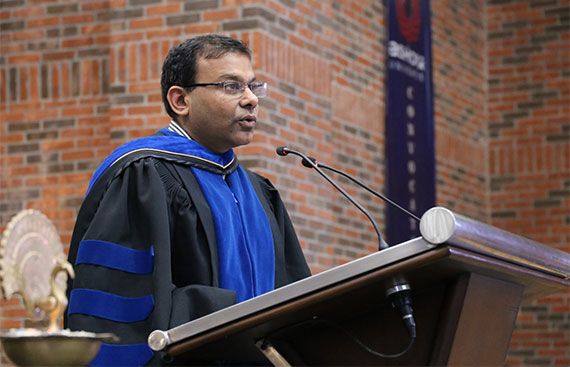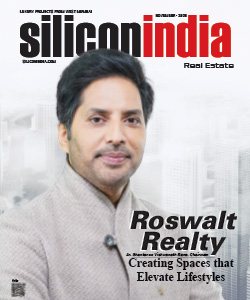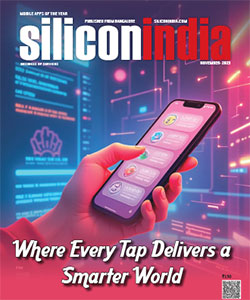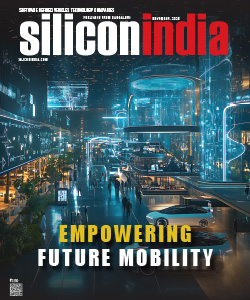Vineet Gupta Shares How Ashoka University's Collective Philanthropy Model Addresses Global Issues

Collective philanthropy, advocated by Vineet Gupta Ashoka University Founder, brings together resources and expertise to tackle global challenges through education, fostering innovation, interdisciplinary learning, and impactful solutions for a sustainable future.
In today’s world, where issues like climate change, public health crises, and rapid technological advancements demand immediate attention, education emerges as a crucial solution. Yet, addressing these challenges effectively requires a collaborative approach, as no single institution or donor can bear the responsibility alone. Collective philanthropy, a model advocated by Vineet Gupta Ashoka University Founder, has proven to be a transformative force. This approach brings together diverse donors and stakeholders to pool resources, share expertise, and drive innovation in education.
Harnessing the Power of Collective Philanthropy
Vineet Gupta explains, “Collective philanthropy is a model for institution building where multiple individuals come together to contribute. This has been instrumental in establishing universities like Ashoka and Plaksha.” By fostering collaboration across various sectors, this model amplifies the impact educational institutions can have on society. Unlike relying on a single donor’s vision, collective philanthropy brings together contributors united by a shared mission, enabling universities to address pressing global issues like digital agriculture, climate resilience, and water security.
Gupta highlights the importance of this shared approach: “The collective spirit ensures that the focus remains solely on building an excellent institution. This allows universities to stay mission-driven while scaling their efforts in research and community outreach.”
Education as a Catalyst for Global Solutions
Vineet Gupta emphasizes that education is fundamental to solving contemporary challenges. At Plaksha University, for instance, students tackle real-world problems such as climate change, healthcare, and the Internet of Things (IoT) through project-based learning and interdisciplinary approaches. “Engineering disciplines must evolve with changing times,” he states, pointing to innovative degree programs in fields like Robotics, Cyber-Physical Systems, and Data Science. These courses aim to equip students not only with technical expertise but also with critical thinking and ethical decision-making skills—essential attributes for addressing complex global problems.
Bridging the Gap: Funding, Infrastructure, and Expertise
One of the core strengths of collective philanthropy lies in its ability to bridge gaps in resources and expertise. Global challenges often demand multifaceted solutions, which require collaboration between academia and industry. “Industry and academia working together can address some of the toughest problems,” Gupta explains. Through these partnerships, universities gain access to cutting-edge technology and resources, enhancing their ability to drive innovation.
Both Ashoka and Plaksha Universities have embedded emerging technologies like AI, machine learning, and virtual reality into their curricula, preparing students to lead in these transformative fields. Gupta notes, “By offering modern and forward-looking programs, our universities position students to be at the forefront of innovation.”
Creating a Lasting Societal Impact
The collective philanthropy model ensures a broader societal impact by empowering universities to expand their scope and influence. By focusing on interdisciplinary collaboration, innovation, and experiential learning, these institutions can address pressing global challenges while preparing for future ones.
“No one individual owns the university,” Gupta underscores. “This shared responsibility and collective ownership enable us to build educational models that are responsive to today’s challenges and adaptable to tomorrow’s needs.” This approach not only enhances the reach of educational institutions but also fosters a culture of inclusivity and shared purpose.
A Collaborative Future
In a world that grows increasingly interconnected, collective philanthropy stands as a beacon of hope. By combining resources, ideas, and expertise, universities can play a pivotal role in tackling the world’s most urgent problems. Vineet Gupta’s advocacy for this model exemplifies the transformative potential of education, demonstrating that collaborative efforts can lead to meaningful and lasting change.
Read More News :



